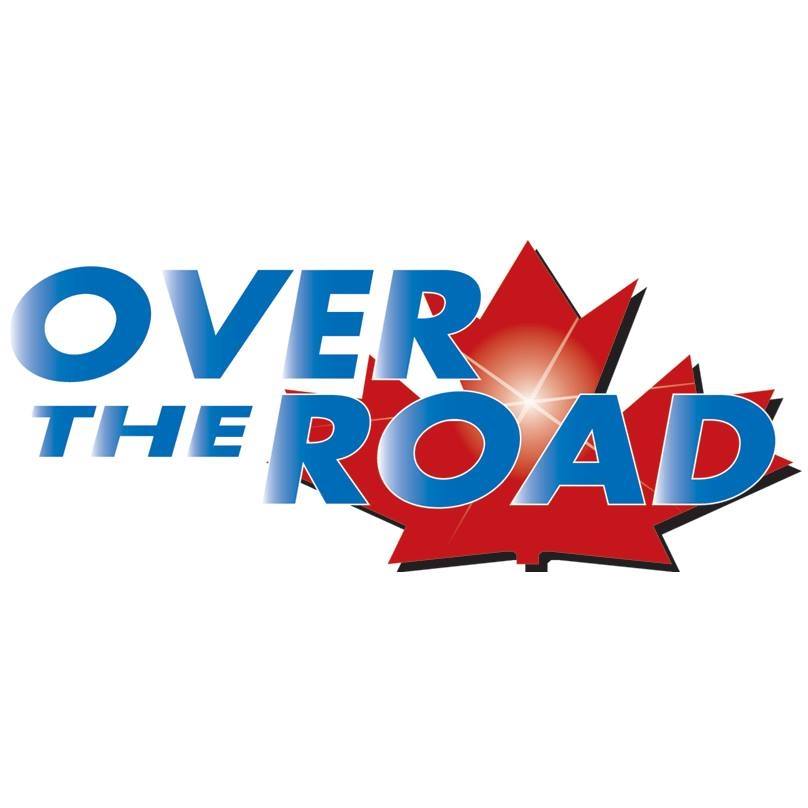Speed Limiters and Mandatory EOBR’s (Their Unintended Consequences)

One of the fondest memories of when I was a truck driver was when an envelope was handed me and a nod was given. Here you are, this is your responsibility, call me when you’re done. I was on my own. Someone trusted me enough to perform an important job. They didn’t tell me what road to take, what speed to go, or even what exact time to leave, just call me when you’re done. I wasn’t monitored, babysat or spied on… just trusted.
Trust and respect are synonymous. You can hardly say you respect someone if you don’t also trust them. You’re equally delusional if you don’t trust someone and still imply you respect them. Trust and respect is the key to all fine relationships.
The trucking industry used to be based heavily on trust and mutual respect. Companies knew they would be nowhere without the work of the driver. They honored them, not just by giving them a paycheck but by words, deeds and the shear volume of autonomy. There was a deep underlying current of respect and resulting delegation in job performance. Drivers responded with a much higher level of business integrity, often times being the best eyes, ears, salesmen and recruiters. It produced waves of side benefits: higher moral, higher revenue, higher margins and the highest level of customer service (contrary to what seems to be happening today). That state is typically referred to as “the good old days”.
Many smaller trucking companies (and some larger ones) still understand that driver moral is critical to co-operation and bottom line profits, intuitively knowing that stripping drivers of their pride in workmanship quickly converts synergy and moral into road kill.
The vast majority of drivers today are still law abiding responsible professionals. People with professional abilities not only have a strong level of self-confidence but a natural inclination to ensure others respect the law and the abilities it takes to perform professionally. Most professionals do not wish to see cheaters get away with risky or dangerous behavior, so when they are asked if they agree with speed limiters or mandatory EOBR’s it becomes an inner conflict. They want the industry cheaters diminished but they also chafe at the disrespect needless regulation implies. If forced to choose between one or the other, many succumb to politically correct “implied safety”. However, if drivers were given a personal choice, most would automatically prefer regulatory freedom with its accompanying respect.
To professional drivers, over-regulation and manipulative mandates from legislators and lobbyists are insulting. No matter what quantifiable truths may be harvested from EOBR’s the message is well received… we don’t trust you.
Industry lobbyists ignore the unintended consequences of over regulation and appear much more like arrogant impersonal bullies rather than those truly concerned for the pride and moral of a professional industry.
Speed limiters and mandatory EOBR’s don’t communicate respect and safety, they communicate: control, manipulation and regulatory exploitation, all de-motivators to professionals.
Disrespect severs motivation. It muzzles and binds people into a mindless, thoughtless, dead end existence. This quiet kind of simmering is one of the most powerful de-motivators in any relationship.
It’s perplexing that the Canadian Trucking Association’s Blue Ribbon Task Force report (Driver Shortage in Trucking – Spring 2012) states “…(CTA)… provides a forum for the industry to come together to achieve consensus, discuss issues and develop joint strategies…” yet ignores such a vital issue as driver pride, mutual respect and trust. It doesn’t seem to be positioning itself as any advocate of drivers, only advocates of members.
In order to return to high levels of trust and co-operation between driver and company, lobbyists and “leaders” must act more respectfully to its professionals. Maybe they can start repairing the chasm between lobbyists and the 300,000 rank and file.
More respect and less political spin!
